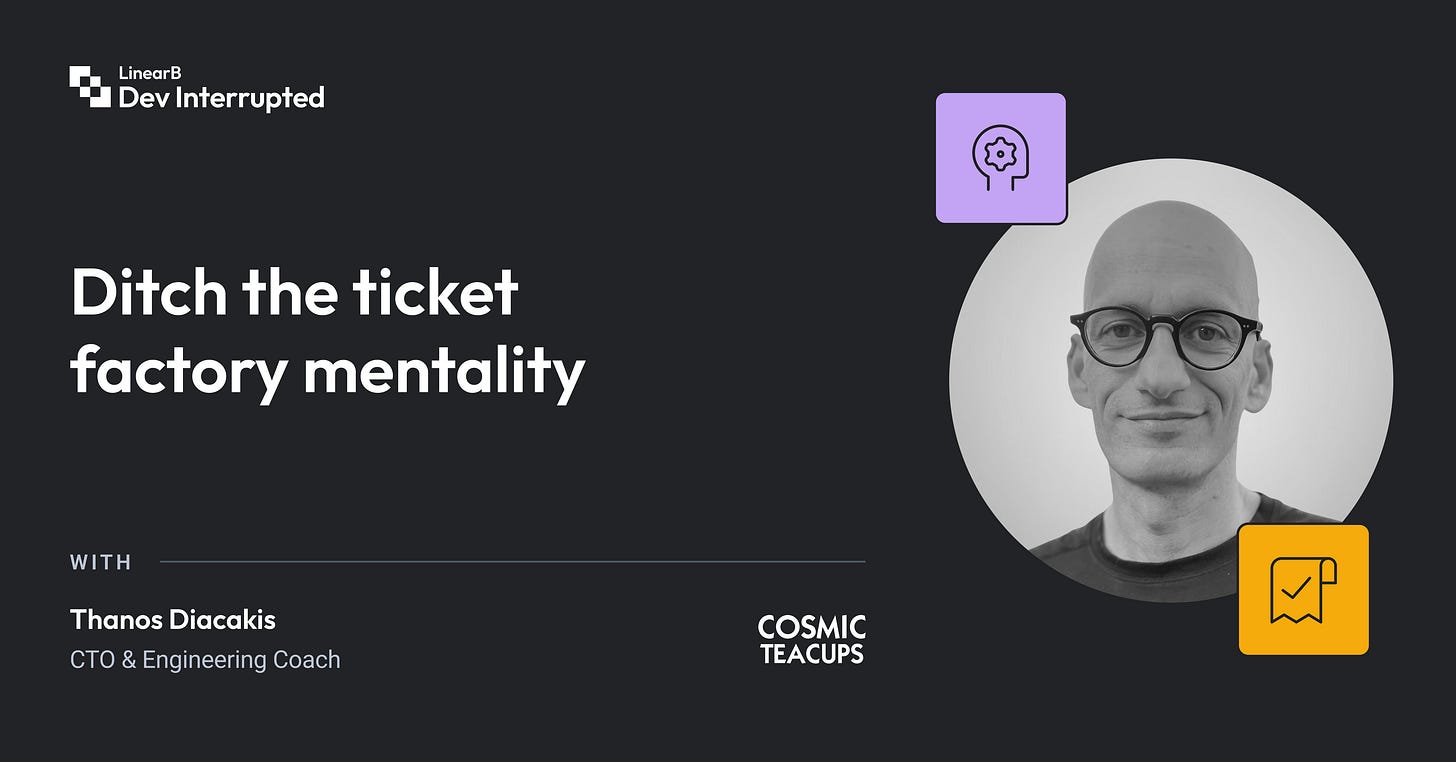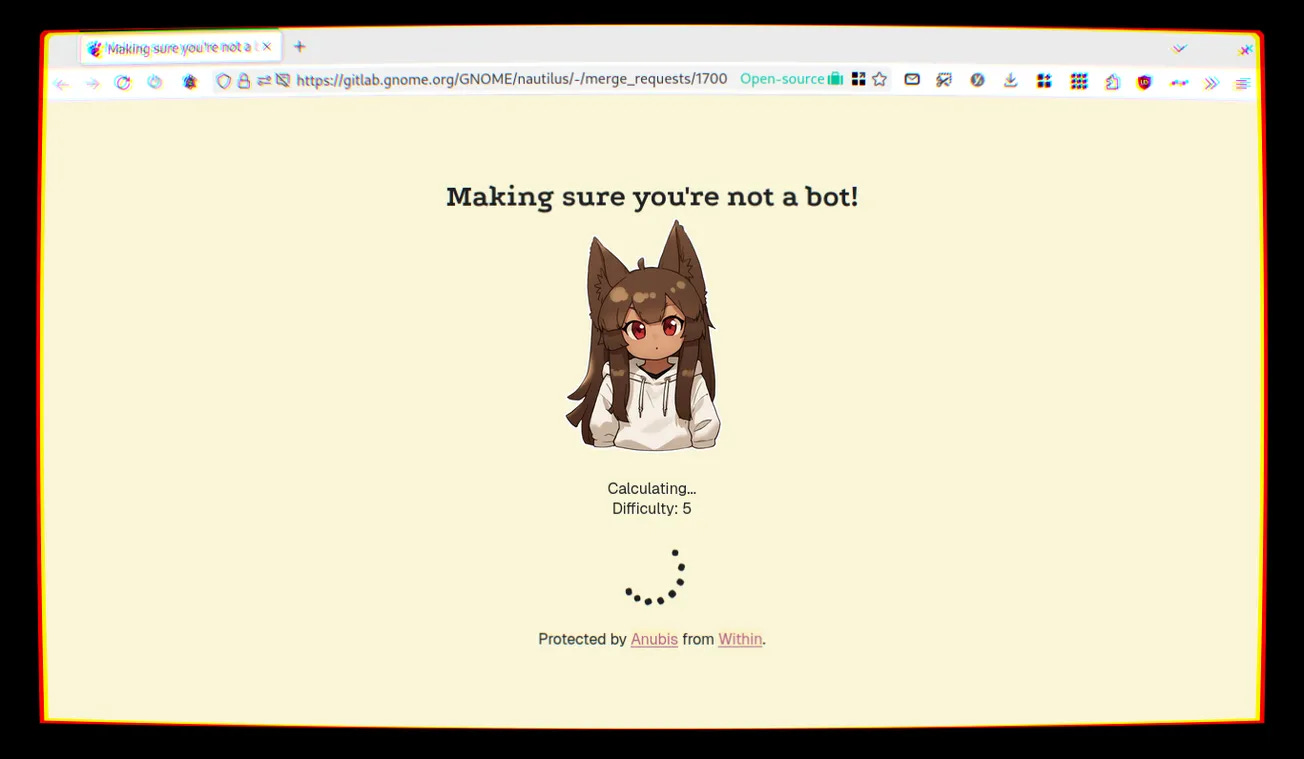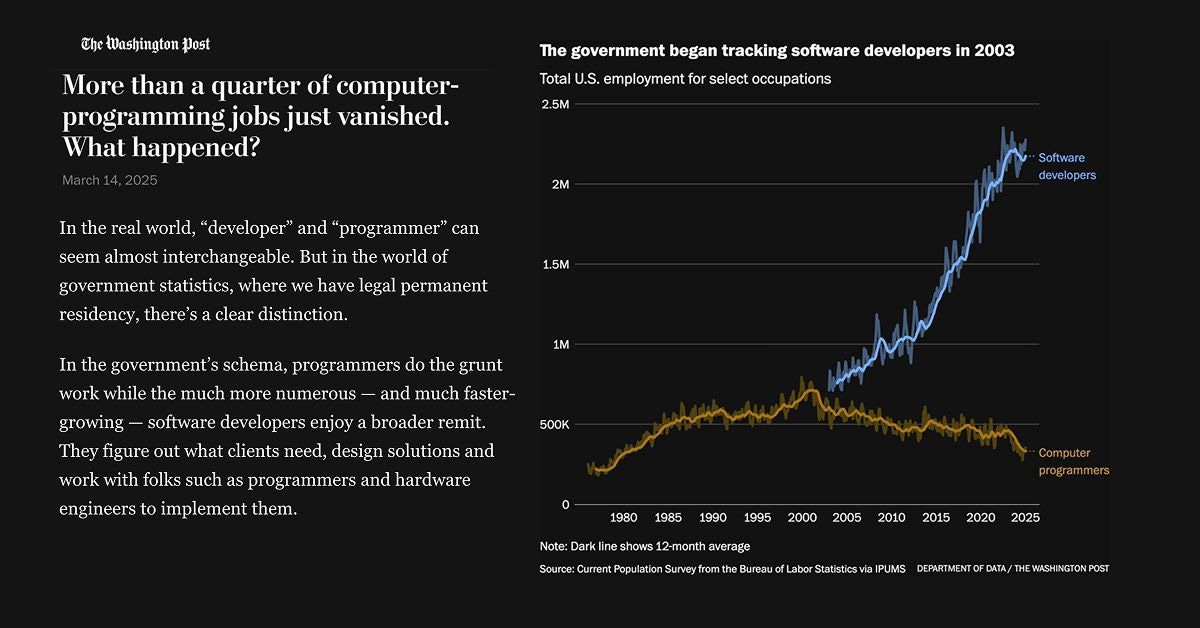Ditch the Ticket Factory Mentality | Cosmic Teacups’ Thanos Diacakis
Conveyor belts are for factories, not software engineering teams.
Imagine a world where your engineering team ships features at lightning speed, and they're genuinely happy doing it. Sounds like a fantasy? It doesn't have to be.
This week, we're diving into the secrets of building high-performing, happy engineering teams with Thanos Diacakis, a fractional CTO and engineering coach with over 25 years of experience spanning companies like Uber, where he optimizes software engineering teams and drives technical innovation.
Thanos reveals the common mental models that hold teams back, why “technical debt” is a myth, and how to break free from the “feature factory” mindset. Together, he and Andrew explore practical strategies for achieving engineering excellence, from mastering iterations to managing complexity, and discover how to build a culture where velocity and happiness go hand in hand.
"The most common one that I see is teams are trying to do way too much. Like, way too much. You stuff like, 30 items in a sprint, just in case you can get to the 30th, right? And then you're in the sprint and you finish 5, and you move the other 25 back in there." — Thanos Diacakis
The Download
The Download is where devs get doing done. 💾
1. FOSS vs the AI scrapers AKA the modern trial of Anubis ⚖️
The architecture holding FOSS together has been pushed to its limits lately. AI scrapers are hammering free and open source projects, overwhelming infrastructure, and burning out maintainers with fake activity.
Enter Anubis, a proof-of-work tool popping up across the FOSS world to filter human users from bot traffic (anime logo included). This Anubis “weighs the soul” of incoming HTTP requests using proof-of-work to stop AI crawlers. Just like how in Egyptian mythology, Anubis weighs the heart of the non-living to decide their fate.
The bigger issue? Scraping overload is threatening the very transparency that makes open source thrive. Ethical data collection standards might not be optional much longer.
Read: FOSS infrastructure is under attack by AI companies
2. Programming jobs are disappearing, but dev roles aren’t. Here’s why 🧑💻
A staggering 27.5% of U.S. programming jobs vanished in the past two years. But software development roles barely budged. Why? Routine coding is getting eaten by AI… but system design, architecture, and decision-making are still firmly human territory. The era of “just write code” is ending. Today’s developers need to integrate AI tools, not compete with them. We kicked off a conversation about this recently on LinkedIn, and the community had thoughts. Got your own take?
Join the discussion on LinkedIn
3. Layoff anxiety is at a decade high 😓
1 in 3 American workers have layoff anxiety right now, and new data shows remote workers feel it 2x as much as their in-office counterparts. Tech’s January/February layoff cycle has become a grim tradition, and this year’s wave hit even harder. Gen Z workers are feeling the squeeze most, but nearly half of all employees are willing to take on extra responsibilities just to keep their jobs. The bright side? Interest rates are stabilizing, and we’re starting to see more growth-minded engineering teams emerge.
Read: Layoff anxiety has pushed employee confidence to the worst rock bottom in nearly a decade
Stop losing DevEx arguments and start winning buy-in 🏆
Frustrated translating between developer reality and executive priorities?
It’s time to flip the script.
In LinearB’s upcoming workshop, you’ll learn exactly how to turn DevEx metrics into business outcomes leadership cares about. Get the playbook to measure, communicate, and prove why investing in your developers isn’t optional —— it’s essential.
Bonus: You’ll walk away with LinearB’s CTO Board deck template, so your next leadership meeting practically handles itself.
Sessions
April 9th @ 11am PDT
April 10th @ 11am GMT







